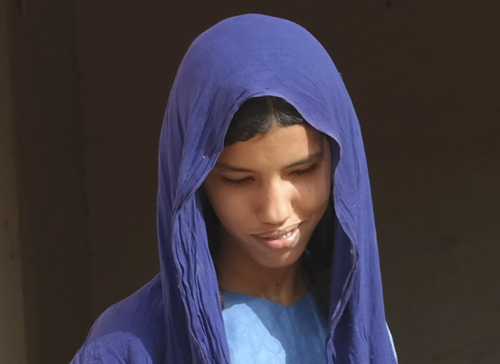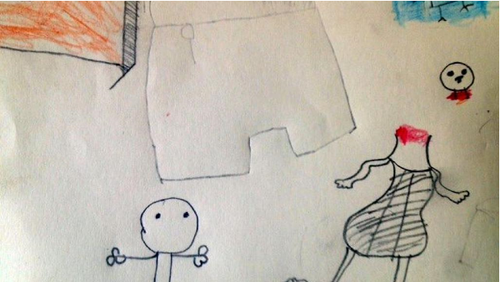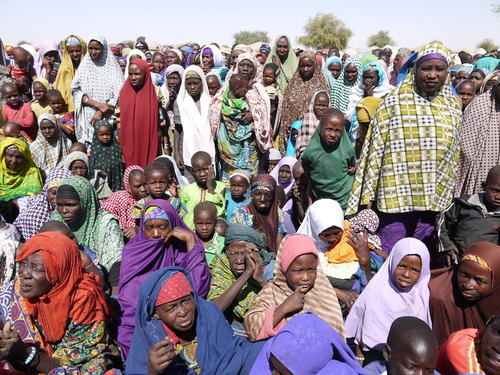UNHCR Niger
Month








Le ministre de l’Intérieur, de la Sécurité Publique, de la Décentralisation et des Affaires Coutumières et Religieuses, M. Massoudou Hassoumi, a procédé, hier matin à l’OPVN de Lazaret, au lancement du plan d’urgence en faveur des réfugiés de la région de Diffa. Il s’agit pour le Niger, à travers cette intervention humanitaire, de respecter les conventions internationales qu’il a librement ratifiées.
Pour lire l’intégralité de l’article:
http://lesahel.org/index.php/component/k2/item/7682-lancement-du-plan-durgence-en-faveur-des-r%C3%A9fugi%C3%A9s-de-la-r%C3%A9gion-de-diffa–800-tonnes-de-vivres-et-une-importante-quantit%C3%A9-dautres-produits-en-faveur-des-r%C3%A9fugi%C3%A9s-nig%C3%A9rians-et-des-retourn%C3%A9s-nig%C3%A9riens


DAKAR/NIAMEY, Jan 13 (Thomson Reuters Foundation) - Some 20,000 Nigerians have fled to Chad, Niger and Cameroon in the past two weeks after their towns and villages were attacked by Islamist sect, according to the United Nations and government figures. The influx of refugees has put further strain on some of the poorest nations in Africa, which are already struggling to feed and protect their own people in a region that is recovering from drought
To read the full article: http://www.trust.org/item/20150113135845-9gq5d/?source=leadCarousel

OUAGADOUGOU, BURKINA FASO, 9 janvier 2014 (UNHCR) – Une délégation du gouvernement du Mali conduite par M. Hamadoun KONATE, Ministre de la Solidarité, de l’Action Humanitaire et de la Reconstruction du Nord, était en visite à Ouagadougou, la capitale du Burkina Faso, en vue de la signature de l’Accord tripartite entre les gouvernements du Mali et du Burkina Faso, et du UNHCR pour le rapatriement volontaire organisé des réfugiés maliens.
L’Accord a été signé à Ouagadougou ce vendredi 9 janvier 2015 par les trois parties. Un de ses effets immédiats sera la création d’une Commission tripartite pour définir les modalités pratiques de mise en œuvre du programme de rapatriement volontaire organisé lorsque les conditions stipulées dans l’Accord Tripartite seront réunies.
Pour lire l’intégralité de l’article : http://kora.unhcr.org/le-mali-le-burkina-faso-et-le-hcr-signent-un-accord-sur-le-rapatriement-des-refugies-maliens/
Today, insurgent groups controls about 20,000 square miles of territory - an area the size of Belgium. Within this domain, the black flag of jihad flies over scores of towns and villages scattered across the neighbouring states of Borno and Yobe. The latest conquest was the fishing town of Baga on the shores of Lake Chad, which fell to the Islamists last Wednesday.

The recent attacks on Baga and surrounding villages prompted Nigerians to find refuge in Chad
In western Chad, some 7,300 Nigerian refugees have arrived in the past 10 days, fleeing attacks by insurgents on Baga town and surrounding villages in northeast Nigeria. UNHCR teams in Chad are at the border and seeking more information on the new arrivals and their needs. The attack on Baga left hundreds of people dead according to media reports and forced most of its inhabitants to flee.
To read more click on http://kora.unhcr.org/thousands-refugees-flee-insurgent-attacks-north-east-nigeria/

Après l’arrivée des premiers réfugiés nigérians, la vie commence à s’organiser sur le camp de Sayam Forage. Les premiers petits commerces apparaissent ici et là. Retrouver une vie en communauté dans la sérénité est le souhait de la plupart des personnes ayant choisi de rejoindre Sayam Forage. A la date du 8 janvier, 336 réfugiés, 75 ménages, vivent dans le camp de Sayam Forage.

An interesting report of the International Displacement Monitoring Center (IDMC) describes how the causes of displacement in Nigeria are multi-faceted, complex and often overlapping.
Inter-communal clashes fuelled by ethnic and religious tensions flare on a near to weekly basis throughout the Middle Belt, and an increase in insurgents attacks and abductions has uprooted families throughout the northeast. The military’s tactics have caused further displacement as civilians flee pre-emptively. Tens of thousands were displaced during post-electoral protests in 2011, and there are fears of similar violence in the run-up to presidential and parliamentary elections in February 2015. More than two million slum-dwellers and other marginalized people have been forcibly evicted from their homes in urban centers.
Also, Nigeria is prone to frequent flooding, which led to the world’s second largest displacement caused by a disaster in 2012. State authorities in northern Nigeria have also recently acknowledged that thousands of people have been displaced as a result of desertification.
